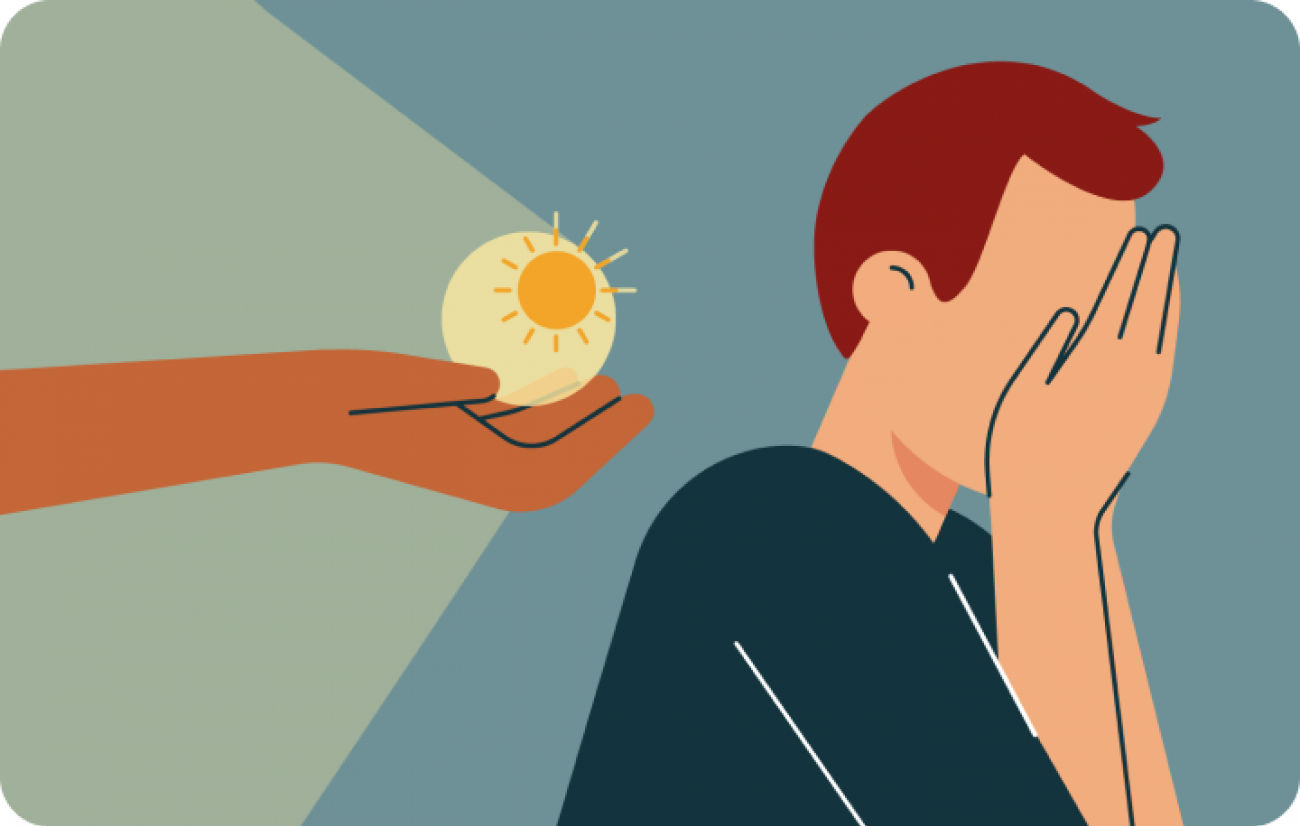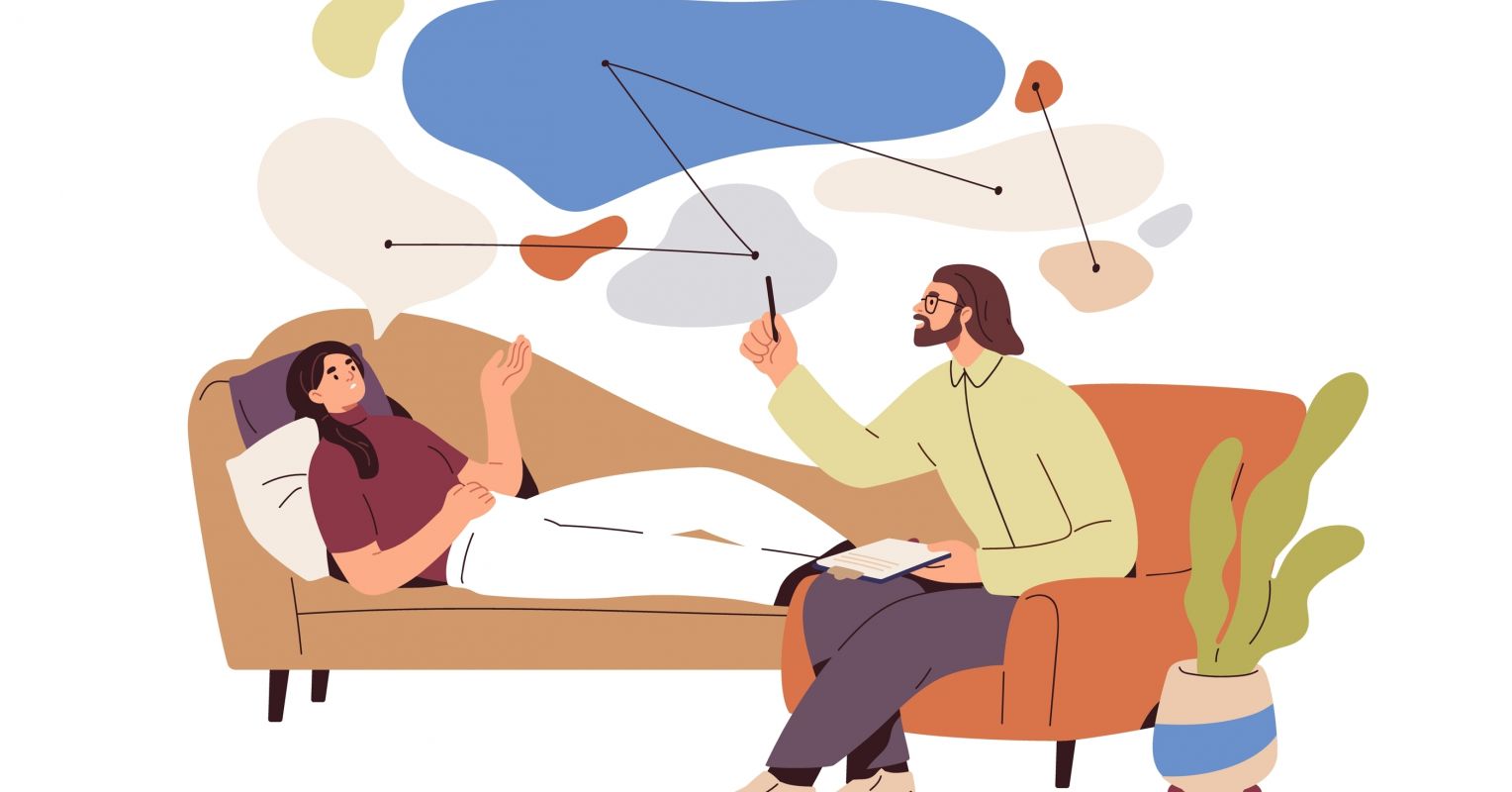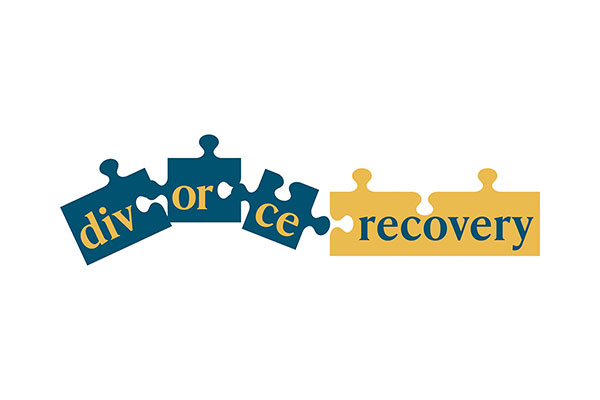We get a lot of calls from people who are seeking to find a therapist for their struggling loved one showing signs and symptoms of depression or an anxiety disorder. Desperate to help, they spend a whole afternoon looking online for the perfect person to be their psychologist. The intentions behind the search are beautiful and I am so glad there are people out there who care so deeply for one another. However, hear me out on a couple of things before you approach your loved one or reach out to seek treatment on their behalf.
Your Job in Helping Your Loved One Get Relief From Depression and Anxiety Disorders
First, for therapy to work they have to want to get better or at least want change – even if ill-defined. They have to want things to be different than they are and feel a bit of hope that someone out there might be able to help. Therapy is already a very emotional, and sometimes challenging journey, even for the supremely motivated. The desire to see a therapist or mental health specialist is a necessary precursor.
There is some evidence to this. About 1 in every 8-10 calls of this sort result in an actual first session. More often than not, the person no-shows or never makes it past the first session. It might be a helpful and convincing tactic to position starting therapy in a gentler way, like suggesting they attend a first session to see how it goes and to make a decision to continue or not from there. Try to not position starting therapy as all in or nothing.
Second, your loved one has to feel ownership over their own therapy. Anxiety treatment and therapy starts with the very first call. The psychologist can’t just be any psychologist: it has to be their chosen person.
Putting together a few options isn’t a bad idea, but picking the person, calling them, and setting up the first appointment for them is. It has to feel like someone outside their daily life and separate from the rest of the world they are in – not an extension of it. This creates the basic sense of safety, trust, and security necessary for therapy to begin. If you call, instead of them, they may have trouble getting past the idea that the therapist may be working for your agenda and may make anxiety symptomsAnxiety Symptoms are physical and psychological manifestations of anxiety, which can include excessi... worse.
How To Approach Your Loved One About their Depression and Anxiety Disorder
Your help starts by giving your loved one the opportunity to feel this empowermentEmpowerment in psychodynamic therapy involves helping clients gain control over their emotions, thou... themselves. Consider the possibility that the way in which you are going about finding the psychologist or pushing for psychological counseling may co-sign their already negative/destructive self-conceptSelf-Concept refers to the individual's perception of themselves, including their beliefs, feelings,... or narrative (broken, inadequate, ineffective, lost).
Allow them to drive themselves to their first appointment, and if you are going to take them, it’s best to wait outside or drop them off and come back at the end of the hour. Again: it’s all in the spirit of letting therapy be their own (and hence the responsibility and change process to be too).
Obviously, there is an exception when it comes to parents calling for their teens. We understand some teens are unable to navigate the web effectively in finding therapists or mental health professionals. However, showing them a few options for psychologists in Newport Beach and allowing them to choose between the options before setting up the first appointment is a great idea.
When approaching your loved one do your best to listen, ask good questions, and validate their experience. Reach out with heart, care, and listening. Start with respect and ask if they have a moment to talk at some point in the day, request a moment of their time, it’s best not to ambush. Try not to be challenging and confrontational about their “troublesome feelings” in your approach. It’s important to “lead from behind”, meaning, ask the questions that will lead to a deeper conversation about things. Be real and come from a place of mutuality and equality. It’s hard to be open about things like panic attacks, feelings of anxiety, negative thoughts, intense fear and your mental health when being confronted or spoken to from a pushy, one-up position.
Reciting their gratitude list, hokey relaxation techniquesRelaxation techniques, such as deep breathing or progressive muscle relaxation, are used in CBT to r..., highlighting the positive, comparing their experience to others, and other cliches are generally unhelpful in treating anxiety disorders and do not relieve symptoms. If you choose to share about yourself, it’s best to speak from your own experience without making direct comparisons. Share a time that you were down and out and found a helpful connection with someone which ultimately led you out of that place.
Parents: How to Approach Your Teenager with Anxiety Symptoms And Depression
When parents share in the ways described above with their teens, it is particularly potent. Language like “I know that I can never fully know what you are going through, but I’d like to get to know in my own limited way if you can be patient with me?”, “If you ever get the urge to talk, just know I am here and eager to listen. No judgment.” or “I can see how heavy things are right now and I just want you to know, it is a lot, and I want to help you if you would let me be there for you.”
Keep in mind! At the same time, this is their battle, not yours. Deep empathy goes a long way to help treat anxiety and depression, but remember that it includes the capacity to also take care of yourself while trying to help. If you are exhausted by their battle- like you yourself are having difficulty concentrating or feeling anxious about their challenges, it’s likely you won’t show up as the good helper you really are.
Lastly, it’s important to get help in giving help. When it comes to mental health, our intuitions are not always the best guide when it comes to others’ depression, anxiety and other mental health conditions. Our love gets in the way of being an effective friend/partner. Support groupsSupport Groups are gatherings of individuals who share similar experiences, providing mutual support... like ALANON – for those struggling with recreational drugs, withdrawal symptoms and substance abuse, too – are vital to providing the skillful combination of love and boundariesBoundaries in group therapy are the limits established to maintain a safe and respectful environment... necessary to support another’s change. Getting your own therapist can be a critical decision in getting your kid, spouse, or friend the help they need.
Here is a quick link to a video that highlights some ideas about what to consider when helping someone suffering from depression and anxiety disorders: https://www.youtube.com/watch?v=SneoysrYjTw
Please feel free to call (or text) us, we would be glad to help provide ideas and strategies to get your loved one into professional care and begin treating their mental health conditions.
Keil Psych Group
714-334-5497





